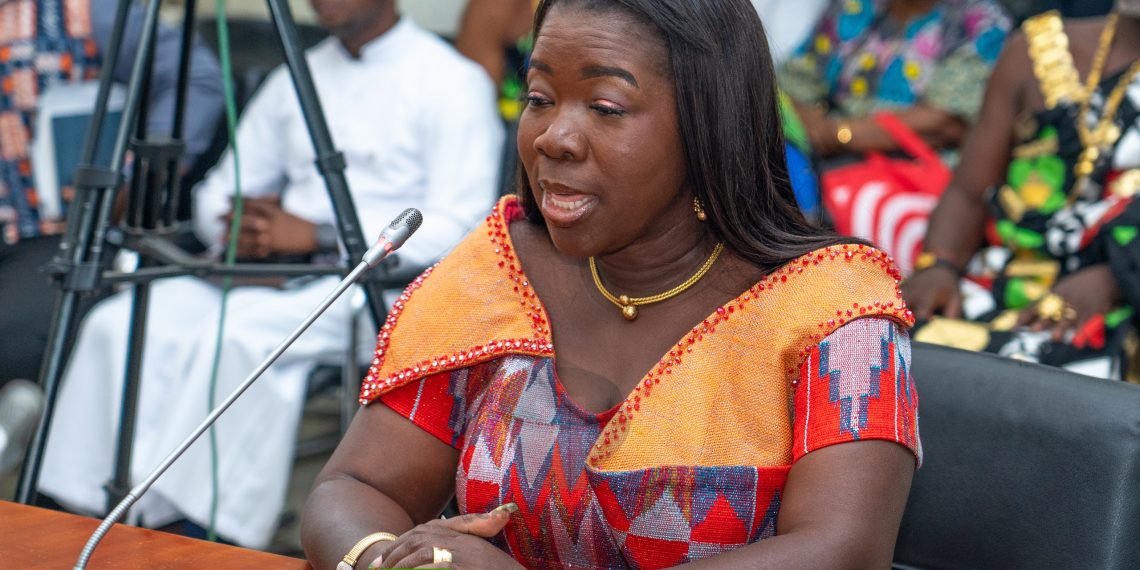adverts
The Minister-Designate for Trade, Agribusiness, and Industry, Elizabeth Ofosu-Adjare, has proposed a 24-hour economy as a strategic solution to challenges undermining the One District, One Factory (1D1F) initiative.
She made the proposal during her vetting by Parliament’s Appointments Committee on Wednesday, January 22.
Ofosu-Adjare acknowledged the program’s successes, which include establishing factories across districts to add value to Ghana’s raw materials. However, she also highlighted critical obstacles, particularly raw material shortages and restricted access to capital, which have significantly affected the productivity of agro-processing factories.
She explained that while the government facilitated subsidised loans for businesses, capped at a 20% interest rate, market fluctuations drove rates as high as 55%. This created a 15% funding gap that companies were left to absorb. Additionally, the government’s inability to fulfil its commitment to pay 10% of the subsidised interest rate added financial strain to the factories.
“The government supported the 1D1F companies with some inputs and subsidised interest rates, but when the rates increased to 55%, the companies were left struggling to pay the difference. Also, the government was unable to pay the promised 10% subsidy, which further strained these businesses,” Ofosu-Adjare explained.
She also noted that many factories struggled with insufficient raw materials, which hampered production output. This challenge is particularly acute in the agro-processing sector, where reliable access to raw materials is essential for sustained operations.
In response to these issues, the minister-designate proposed the adoption of a 24-hour economy. This system would extend operational hours, enabling factories to maximise productivity and overcome supply chain bottlenecks.
“There is always a solution to our challenges. I believe the 1D1F initiative can be revitalised through a 24-hour economy. This approach will allow factories to increase production efficiency, address raw material constraints, and enhance overall output,” she stated.
Ofosu-Adjare acknowledged the importance of learning from the program’s implementation so far. While she recognised the progress made by the initiative in setting up factories and encouraging local value addition, she stressed the need to address its shortcomings to ensure long-term sustainability.
“It is good that the program has started. Now that we know the challenges, how are we going to solve them? That is where the 24-hour economy comes in. We can overcome the bottlenecks and build a more robust industrial base,” she added.
The One District, One Factory program, introduced to boost industrialisation and job creation in Ghana, has faced criticism for its operational inefficiencies and unmet promises. Ofosu-Adjare’s proposal of a 24-hour economy offers a new perspective on revitalising the initiative and achieving its intended impact on the Ghanaian economy.


